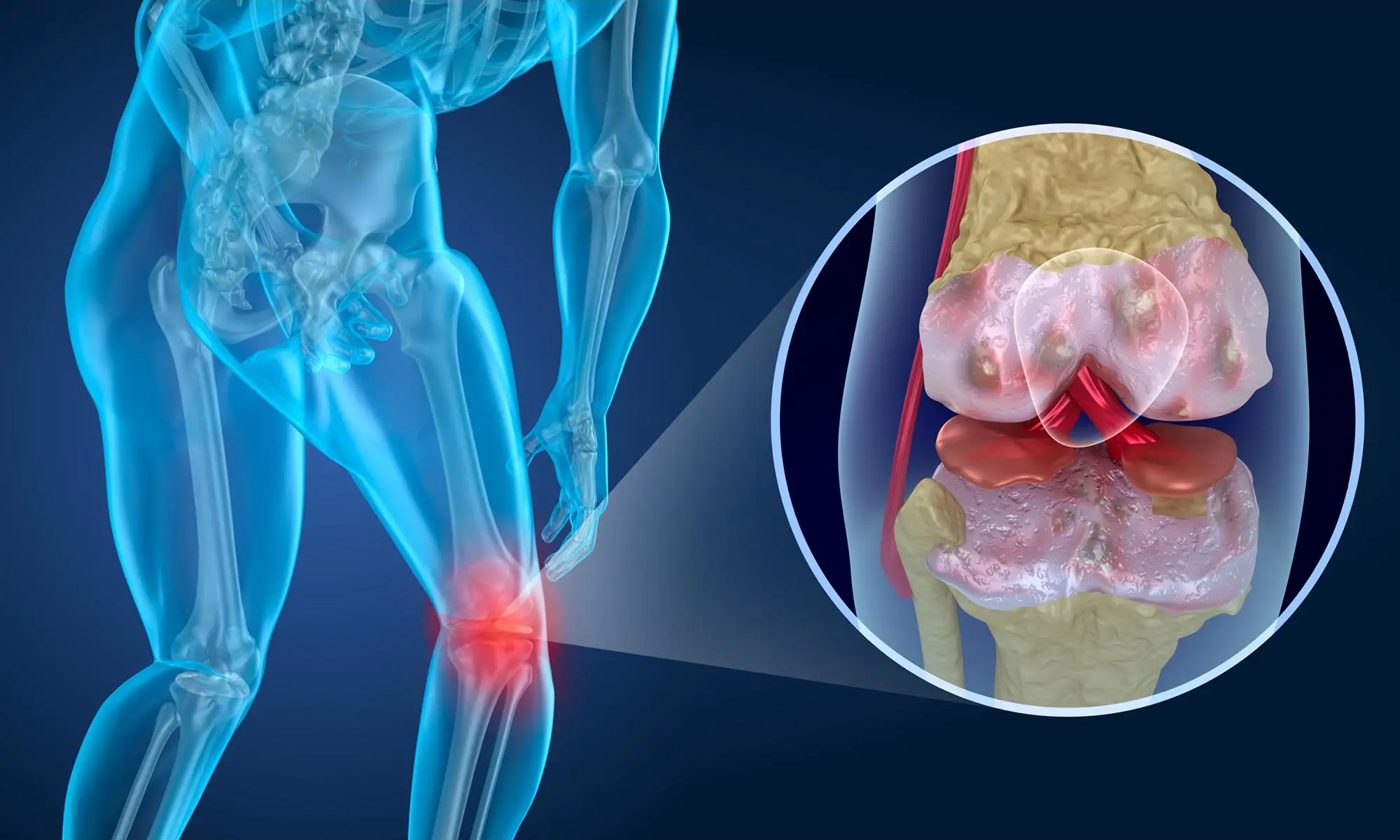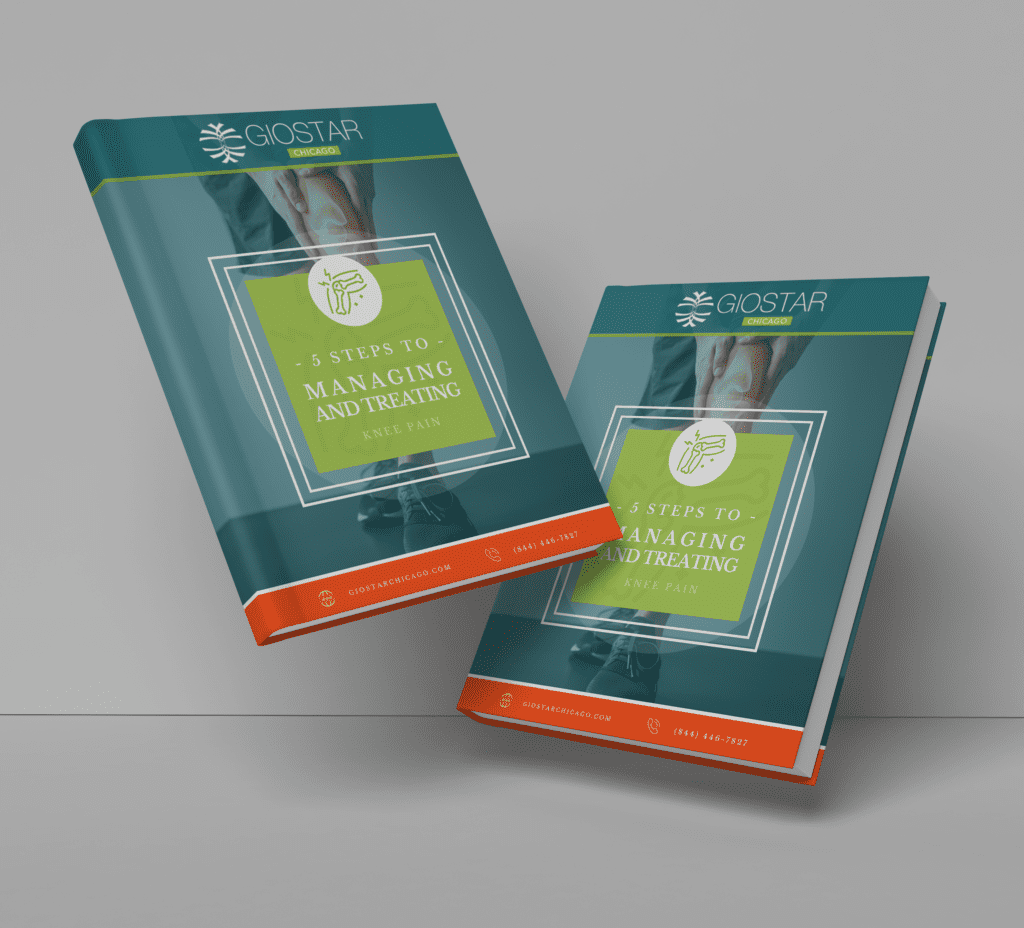Plantar fasciitis is a common foot condition that affects about 10% of people. It’s most frequently found in active working adults between 25 and 65 years old, with the highest occurrence in individuals between 40 and 60.
Plantar fasciitis and knee pain are two conditions that are often treated independently, yet they are more closely related than you may realize. In fact, plantar fasciitis can lead to knee pain, and vice versa. This is because, as we walk or run, the foot’s plantar fascia absorbs much of the shock from the impact of our feet on the ground. When this tissue becomes inflamed or damaged, it can cause not only intense heel pain but also affect the way we walk and put unnecessary pressure on our knees, leading to knee pain.
Get an Appointment
Complete The Form Below And We’ll Get Back To You Immediately.
Moreover, plantar fasciitis and knee pain can be caused by a variety of factors, ranging from injury to overuse to age-related degeneration. In some cases, plantar fasciitis can cause knee pain by altering our gait and posture, which can put strain on our knee joints. Conversely, knee pain can also cause us to change the way we walk and distribute our weight, which can increase the pressure on our feet and cause or exacerbate plantar fasciitis.
It’s important to recognize the connection between these two conditions and to seek treatment that addresses both if necessary. This can include physical therapy, orthotics, and exercises to stretch and strengthen the plantar fascia and knee muscles. By treating both plantar fasciitis and knee pain together, we can improve our overall mobility and reduce the risk of further complications.
What is Plantar Fasciitis?
Plantar fasciitis is a common condition that causes pain in the heel and bottom of the foot. It occurs when the plantar fascia, a thick band of tissue that runs across the bottom of your foot and connects your heel bone to your toes, becomes inflamed. This inflammation can cause a sharp, stabbing pain that is often most severe with the first steps taken in the morning or after a long period of rest. As you move more, the pain usually decreases, but it might return after long periods of standing or after rising from sitting.
The condition is particularly prevalent among runners and other athletes, but it can also affect anyone who spends a lot of time on their feet, particularly on hard surfaces. Overweight individuals and those with foot structure issues such as flat feet or high arches are also at higher risk. Plantar fasciitis is known for being persistent and can be challenging to resolve completely, often requiring a combination of rest, physical therapy, and proper footwear.
Understanding the Connection Between Plantar Fasciitis and Knee Pain
When someone has plantar fasciitis, they often alter their gait and posture to avoid putting pressure on the affected foot. This overcompensation can cause tissues around the knees to become inflamed, leading to knee pain. Plantar fasciitis can also cause a chain reaction of pain in other joints and muscles, such as the hips and back, as the body tries to compensate for the change in gait.
It is crucial to address plantar fasciitis in a timely manner to avoid further complications such as knee pain. The good news is that there are steps you can take to reduce the symptoms of plantar fasciitis and prevent knee pain from developing.
Reducing the Symptoms of Plantar Fasciitis
The first step to reducing the symptoms of plantar fasciitis is to wear shoes with good arch support. Good shoes will help to support your feet and reduce the impact of walking or running. Stretching your calf muscles regularly can also be helpful in reducing the pain caused by plantar fasciitis. Avoiding high-impact activities such as running or jumping can also help to reduce the pain caused by this condition.
Additionally, a physical therapist can help you develop an exercise program that will strengthen your feet and ankles, improve your gait, and reduce pain. A physical therapist can also teach you how to perform self-massage techniques to help alleviate the pain caused by plantar fasciitis.
Sign Up And Enjoy the Free Ebook, '5 Steps To Managing and Treating Your Knee Pain Today!
When patients visit our clinic, our doctors recommend they do all of these things to alleviate their symptoms. Right now, you can download the ebook for free to learn more about how to start changing your habits and improve your condition. It costs nothing, and you’ll get it delivered to your inbox immediately.
Prevention and Treatment of Knee Pain
Managing knee pain resulting from plantar fasciitis involves careful attention to both your foot health and overall physical condition. Taking proactive steps to support your feet and knees can significantly alleviate discomfort and prevent further issues. Here’s an expanded guide on how to manage and prevent knee pain related to plantar fasciitis:
Supportive Footwear: Always choose footwear with good arch support and ample cushioning. Shoes that fit well and provide proper support can reduce the stress on your plantar fascia, the thick band of tissue that runs along the bottom of your foot, and consequently lessen the strain on your knees. Special orthotics or insoles might be necessary if your feet have specific needs.
Healthy Weight Management: Excess body weight can increase the pressure on your knees and feet, exacerbating plantar fasciitis symptoms. Maintaining a healthy weight through a balanced diet and regular exercise can lessen this pressure and improve your overall joint health.
Low-Impact Exercises: Engage in activities that strengthen the muscles around your feet and knees without placing undue stress on them. Swimming, cycling, and elliptical machines are excellent low-impact options. Avoid high-impact sports like running or jumping, which might aggravate your condition.
Regular Stretching: Incorporate daily stretches for your calves and the arch of your foot. This can reduce tension in the plantar fascia and help alleviate associated knee pain. A simple routine to try is calf stretches against a wall and rolling a tennis ball or frozen water bottle under your foot to massage the plantar fascia.
Proper Rest and Recovery: Give your feet and knees ample time to rest, especially after periods of extended activity or when experiencing flare-ups of pain. Elevate your feet to reduce swelling, and apply ice packs to the affected area to help manage inflammation and numb the discomfort.
Anti-inflammatory Measures: Over-the-counter pain relievers such as ibuprofen or aspirin can help reduce inflammation and pain associated with plantar fasciitis. Use these medications judiciously, and consult with a healthcare provider to ensure they are appropriate for your specific health needs.
Consult Physical Therapy: A physical therapist can provide targeted exercises and therapies to strengthen the muscles in the lower legs, improve foot mechanics, and offer specific stretches that might alleviate both foot and knee pain.
Routine Check-ups: Regular visits to a podiatrist or orthopedic specialist can help monitor the progression of plantar fasciitis and adjust your treatment plan as needed. This might include custom orthotics, changes in exercise regimens, or even professional therapies such as ultrasound or laser treatment.
Regenerative Therapies: Consider exploring regenerative treatments like platelet-rich plasma (PRP) and stem cell therapy. These therapies can promote healing by injecting concentrated growth factors or stem cells into the affected area. These therapies have shown promise in reducing inflammation and enhancing tissue repair, particularly for chronic cases where traditional treatments might not have been effective.
By following these strategies, you not only manage the symptoms of plantar fasciitis but also contribute to the overall health of your knees and lower limbs, keeping you active and reducing the risk of further complications.
At GIOSTAR Chicago, we offer stem cell therapy for plantar fasciitis, and our team of experts is dedicated to helping you find relief from your symptoms. Don’t let plantar fasciitis and knee pain hold you back from living your best life. Contact us today to learn more about how we can help you.
Stem Cell Therapy for Plantar Fasciitis
Another treatment option for plantar fasciitis is stem cell therapy. Stem cell therapy is a promising new treatment that involves the injection of stem cells into the affected area to promote healing and reduce inflammation. Stem cells have the ability to regenerate damaged tissue and promote healing, making them an effective treatment for plantar fasciitis.
A recent 2023 study published in Foot and Ankle Orthopaedics concluded that stem cells obtained from fat tissue are being studied for their potential use in treating various foot and ankle issues, including plantar fasciitis—a common cause of heel pain. The research reviewed in the article includes a study where patients with chronic plantar fasciitis received injections of these stem cells. The results showed that the patients experienced significant improvements in pain and the ability to function. The initial results are promising, and more detailed studies are needed to confirm the effectiveness of stem cells for plantar fasciitis.
GIOSTAR Chicago offers stem cell therapy for plantar fasciitis and other conditions, and our team of experts is dedicated to helping patients find relief from their symptoms. Stem cell therapy is a minimally invasive procedure that can be done in an outpatient setting, and it has little to no downtime.
About GIOSTAR Chicago:
GIOSTAR Chicago is dedicated to developing the most advanced stem cell-based technologies and providing the best regenerative medicine for people who want to enjoy a healthy and active lifestyle.



